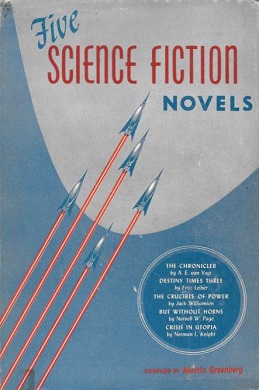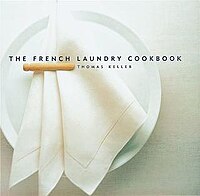Well, it would appear as if 5pm on Friday the 7th of February is the time to be at the Intercon Festival City.
That's when I'll be joining History Ninja Peter Hellyer to talk about the history of the Emirates in general and, of course, Children of the Seven Sands in particular. The book launches, and will be in the shops from 02/02/2020 - but the LitFest session's on the 7th.
What's the plan?
Well, for a start you're going to find out there's a hell of a lot more lurking below the surface of the UAE than you ever thought. We're going to visit the Garden of Eden and poke about around Noah's Arc and biblical floods - just for starters.
We'll be wandering around ancient Sumeria and finding out about the first intercontinental human trade network, which centred around this here place where we live.
We're going to look at the death of 10,000 men in Dibba, the Arab monopoly of trade with the East and the mystical city of C14th Hormuz - a strange island out of a fantasy novel, totally without water, brilliantly flecked by minerals and built around a salt mountain; home to over 50,000 people of sophisticated tastes and cosmopolitan ideals.
We're going to steep ourselves in the blood and agony of the Portuguese conquests of Arabia and the Arab trading networks that spanned the Seven Seas, in the Arab revolt that followed and the British suppression of their local Arab trading competitors and forceful domination of the Gulf.
We're going to wander around the wild hinterland of the Emirates and meet Bedouin tribes, explore the ancient port of Julphar and examine the wars and conflicts that shaped the modern Emirates.
And we're going to play around with stories of the past - of Zayed the Great, who killed the Ruler of Sharjah in hand to hand conflict, of Abdulrahman of Al Heera, one of the stormiest and most feared - and respected figures of the Trucial Coast and of the leaders who ruled the Trucial States under British protection and in the face of plague, drought, famine and - occasionally - plenty.
We're going to learn about the British invasion and bombardment of Dubai in 1910, the battle to establish an airport in Sharjah and the wars between the Emirates of the coast. And we're going to steep ourselves in intrigue, coups and counter-coups as well as heroes and tales of derring-do. We'll learn about oil and the colourful figures who stalked the Emirates holding concessions under the noses of Rulers brought up to a lifetime's haggling in the souk and minded to drive a hard bargain.
We're going to find out that the story about the end of the pearl market in 1929 because of the cultured pearl and the Great Depression is pure bunkum - and how the whole silly tale sprang up in the first place. And we're going to find out what happens when you fire an Exocet missile at a ship carrying 400,000 tonnes of oil. And no, it doesn't explode. We're going on a journey to the past - a past you didn't know was there under your nose.
It's going to be a roller-coaster, without a doubt.
This is the make a booking link right here.
That there will be drinks at the Belgian after, you can be assured.






















